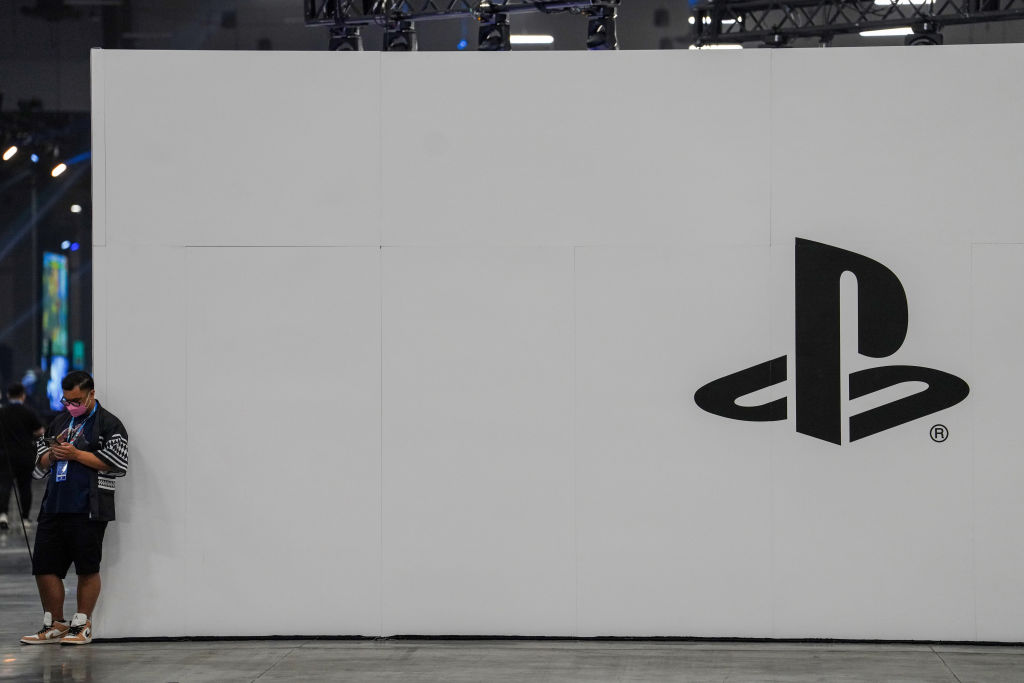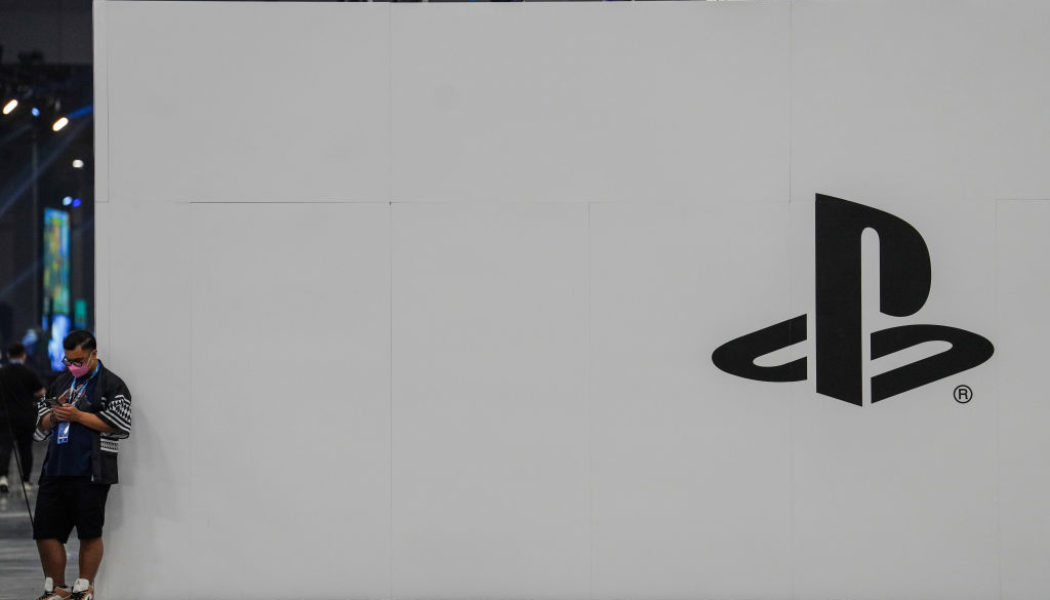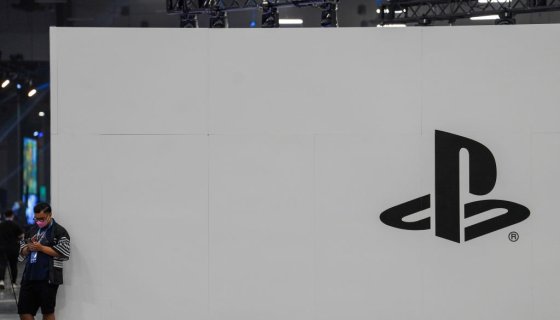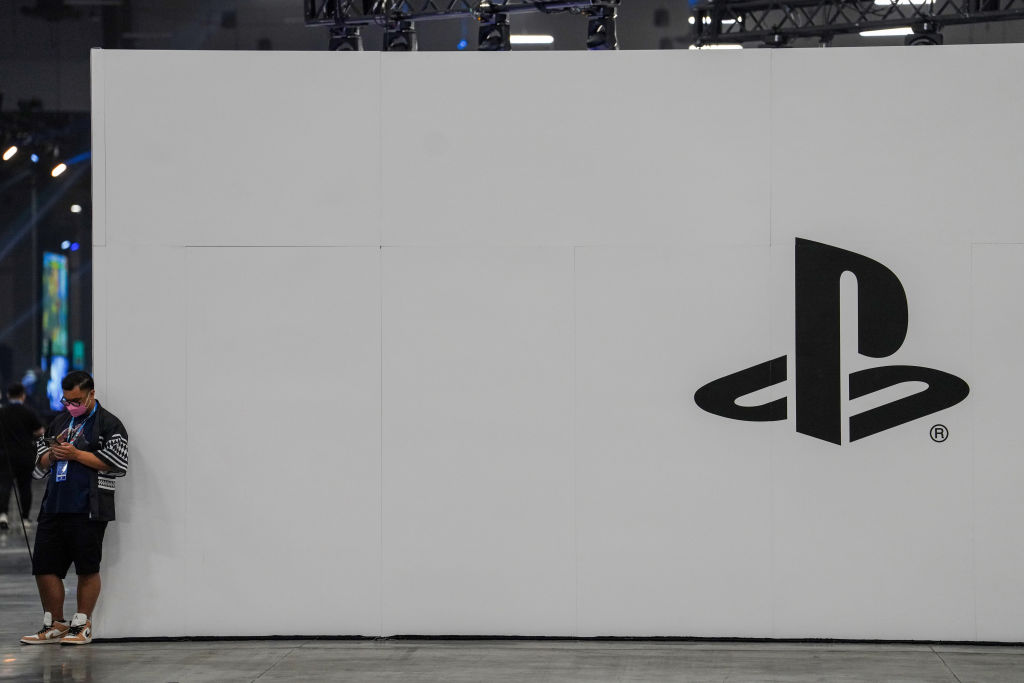
Source: Joe Buglewicz / Getty / Sony
The ongoing battle between Sony and Microsoft over this Activision Blizzard acquisition continues to get weird.
Sony has numerous concerns about Microsoft’s still stalled acquisition of Activision Blizzard, and now thanks to a PDF, we know every one of them.
In the documents sent to the UK’s Competition and Markets Authority (CMA), Sony says it fears that Microsoft could raise the price of Call of Duty, make it exclusive to its Xbox Game Pass service, and sabotage the game so that it runs poorly on PlayStation consoles.
To be more specific, Sony hints at Microsoft releasing a Call of Duty game on PlayStation full of bugs and errors.
Sony’s claims in its documents:
Microsoft might release a PlayStation version of Call of Duty where bugs and errors emerge only on the game’s final level or after later updates. Even if such degradations could be swiftly detected, any remedy would likely come too late, by which time the gaming community would have lost confidence in PlayStation as a go-to venue to play Call of Duty. Indeed, as Modern Warfare II attests, Call of Duty is most often purchased in just the first few weeks of release. If it became known that the game’s performance on PlayStation was worse than on Xbox, Call of Duty gamers could decide to switch to Xbox, for fear of playing their favourite game at a second-class or less competitive venue.
It remains unclear if Sony means that Microsoft would intentionally wreck the game or do the whole “plays best on Xbox” thing because it will own the franchise if the acquisition goes through.
Still, Sony has fears Microsoft could sabotage COD on PlayStation in multiple ways by “degrading the quality and performance of Call of Duty on PlayStation compared to Xbox”; “degrading Call of Duty to ignore PlayStation-specific features (eg. better controller haptics)”; or “restricting, degrading, or not investing in the multiplayer experience on PlayStation.”
None of This Makes Any Sense For Microsoft Financially
While these are legit concerns, financially and optically, it makes no sense for Microsoft to do such a thing even if they wanted to.
Sony is also very concerned about the Xbox Game Pass exclusivity for Call of Duty, fearing Microsoft would prevent the company from putting the game on its subscription service.
Ironically in documents submitted by Microsoft, they claim the exact opposite, with Microsoft claiming “any CoD Game in a Microsoft multi-game subscription is eligible for inclusion in Sony’s multi-game subscription service, at the same time and for the same duration.”
Sony is scoffing at that deal because it does not care about the licensing terms or pricing, adding the terms “would commercially destroy Sony Interactive Entertainment’s (SIE) multigame subscription business model.”
MS Has Made Two Big Offers To Ease Regulator’s Concerns
Microsoft did extend a 10-year offer to Sony to keep Call of Duty on PlayStation, but the Japanese company has yet to sign the deal. Microsoft secured a 10-year agreement with Nintendo hours before meeting with the EU regulators and reached a similar deal with Nvidia in what many saw as a way to put more pressure on Sony.
Sony remains firm in its stance, writing in its documents, “Microsoft has not shown any real commitment to reaching a negotiated outcome. they had dragged their feet, engaged only when they sensed the regulatory outlook was darkening and favored negotiating in the media over engaging with SIE.”
Still, Microsoft’s decision to strike deals with Nintendo and Nvidia seems to have worked, as the EU will reportedly approve the $68.7 billion acquisition deal.
That leaves the United States as the last remaining hurdle.
—
Photo: Joe Buglewicz / Getty











